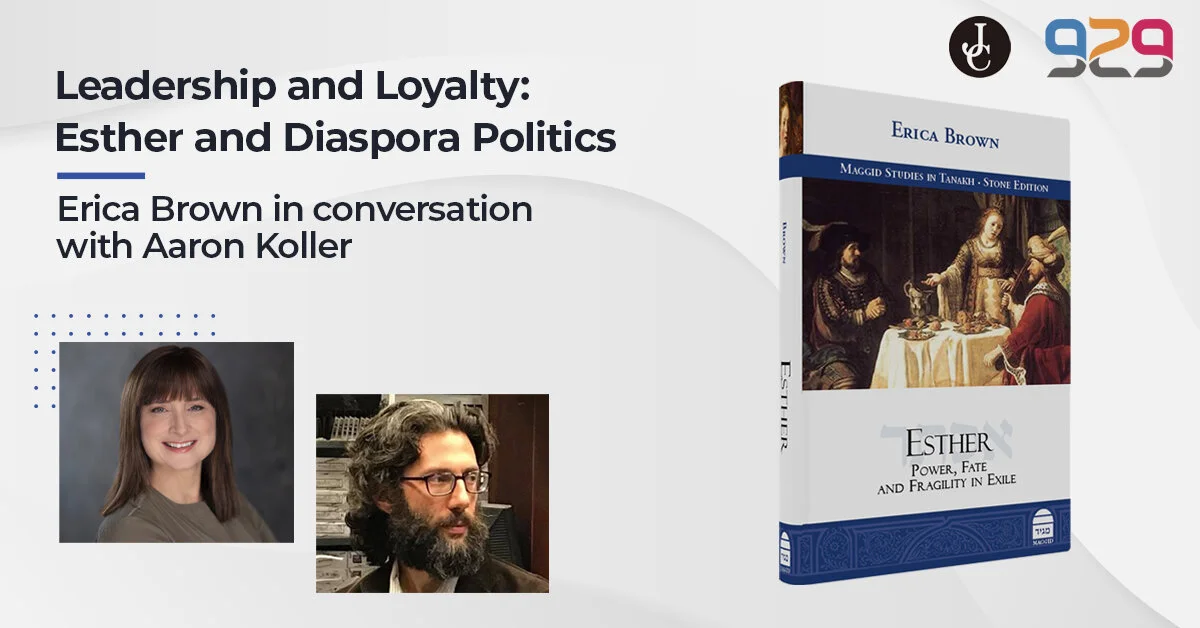- Free Jps Tanakh The Conversation Podcast Jane Marie
- Free Jps Tanakh The Conversation Podcast Stitcher
- Download the JPS Bible for the Palm Pilot (English only) The English text in this HTML edition of the Hebrew Bible is based on the electronic text (c) by Larry Nelson (P.O. Box 1681, Cathedral City, CA 92234 USA, nelsonlarry@juno.com ) as found on the Internet in differing copies.
- Posting guidelines: Blog posts and comments should focus on Bible translation issues, not theology, ideology, or personalities. Support claims with evidence. Do not question the spirituality, beliefs, or motives of anyone, including Bible translation teams or those who post or comment on this blog.
- The JPS TANAKH: The Jewish Bible, audio version is a recorded version of the JPS TANAKH, the most widely read English translation of the Hebrew, or Jewish, Bible.Produced and recorded for The Jewish Publication Society (JPS) by The Jewish Braille Institute (JBI), this complete, unabridged audio version of the Book of Lamentations features approximately twenty minutes of readings by one narrator.
About the Book
The JPS TANAKH: The Jewish Bible, audio version, is a recorded version of the JPS TANAKH, the most widely read English translation of the Hebrew, or Jewish, Bible. Produced and recorded for The Jewish Publication Society (JPS) by The Jewish Braille Institute (JBI), this complete, unabridged audio version of the Torah features over 14 hours of. The JPS TANAKH: The Jewish Bible, audio version is a recorded version of the JPS TANAKH, the most widely read English translation of the Hebrew, or Jewish, Bible. Produced and recorded for The Jewish Publication Society (JPS) by The Jewish Braille Institute (JBI), this complete, unabridged audio version of the Book of Leviticus features over 2 hours of readings by 2 narrators.

Free Jps Tanakh The Conversation Podcast Jane Marie
Approaching the Bible in an original way—comparing biblical heroes to heroes in world literature—Elliott Rabin addresses core biblical questions: What is the Bible telling us about what it means to be a hero? Why do we need such heroes, possibly now more than ever?
Zooming into the lives of six major biblical characters—Moses, Samson, David, Esther, Abraham, and Jacob—Rabin examines their resemblance to hero types found in (and perhaps drawn from) other literatures, and analyzes why the Bible depicts its heroes less gloriously than other cultures:
* Samson can kill 1,000 enemies with his bare hands—and is arrogant and unhinged.
* Esther saves her people from a genocidal villain—and has married a murderous, misogynist king.
* Abraham is God’s close companion—and his human relationships are wracked with tension.
* Jacob fathers twelve tribes—and wins his inheritance through deceit.
* David establishes a centralized, unified, triumphal government—through pretense and self-deception.
* In the end, is God the real hero? Or is God too removed from human constraints for the “hero” appellation to apply?
Ultimately, Rabin excavates how the Bible’s unique perspective on heroism can address our own deep-seated need for human-scale heroes.
— Yossi Klein Halevi, senior fellow, Shalom Hartman Institute, Jerusalem
– Rabbi Elie Kaunfer, CEO, The Hadar Institute and author, Empowered Judaism: What Independent Minyanim Can Teach Us about Building Vibrant Jewish Communities
“The Biblical Hero offers us creative archetypes for understanding some of the most significant figures in biblical history and, arguably, Jewish life. Even more so, it opens up a critical conversation about the hero’s role in society at a time when we need heroes more than ever.” – Erica Brown, Associate Professor, George Washington School of Education and Development
“What does it mean to be a hero? In this accessible volume, Elliott Rabin explores well-known biblical figures through the cultural and literary lenses of ‘heroes’ to unpack multiple dimensions of their characters. Readers who are curious about what biblical study has to offer students of leadership, character, and human fallibility will enjoy this examination of the complex lives of some of the Bible’s key figures.” – Miriam Heller Stern, National Director, School of Education, Hebrew Union College-Jewish Institute of Religion

Free Jps Tanakh The Conversation Podcast Stitcher
